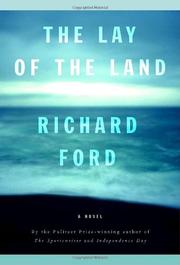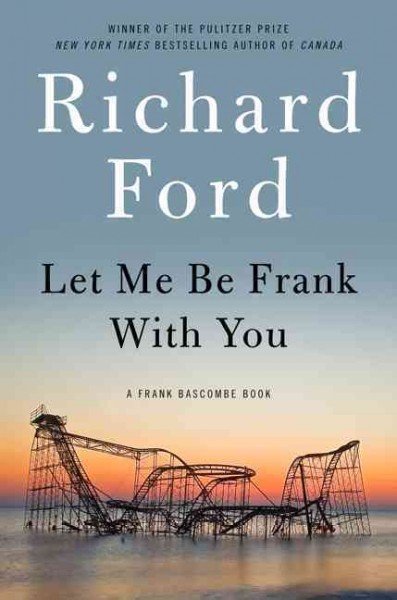My Ex-Life Stephen McCauley (2018)
This novel is hilarious. One-liners, often capping a narrative paragraph or a conversation, pop up on nearly every page: “Julie knew only one man who’d betrayed his marriage for a woman older than his wife, and it was overstating it to say she knew Prince Charles.” (3)
Short descriptors of characters pack a punch with clever comparisons:
“She had the melancholy, elongated beauty of a Modigliani, while he had the compact boyishness of a high school wrestler.” (49)
“She had the hard face of someone who could stand to eat a cupcake once or twice a year.” (266)
“He had a dark suntan, an attractive affectation, but one that these days looked somehow vintage, like a dial telephone or an electric carving knife.” (266)
Beyond the hilarity, Stephen McCauley spins a touching story of missed opportunity, unfair betrayal, loss of dignity, and cynical exploitation—all with hopes for second chances, or maybe even third chances.
Fifty-something David Hedges is a freelance college admissions consultant for sulky rich kids in San Francisco. As the book opens, his lover has deserted him, and in his distress he’s been putting on weight. The charming carriage house that he’s rented for years at a low rate is being sold out from under him. As if all this isn’t enough, he gets a call from his ex-wife, Julie Fiske, who lives in a seaside tourist town north of Boston. David hasn’t been in touch with Julie for decades, and he figured that she was doing well with her second husband and teenage daughter. Not so much. Julie’s husband has left her for a younger woman and is demanding that she buy him out of their house. Julie’s income as a teacher won’t stretch to this purchase, but she’s desperate to stay in the house where her daughter has grown up. Oh, and the daughter, Mandy, is struggling with body image issues and with loneliness that is leading to highly questionable friendships.
David takes a trip east, ostensibly to help Mandy with her college applications but actually to get away from San Francisco and to get some perspective on his own path forward. The resolution of this plot setup has a number of twists and revelations of secrets, as does real life. Novelist McCauley keeps churning out the funny lines, but he ends My Ex-Life on a nostalgic note that gave me a good sense of resolution.




